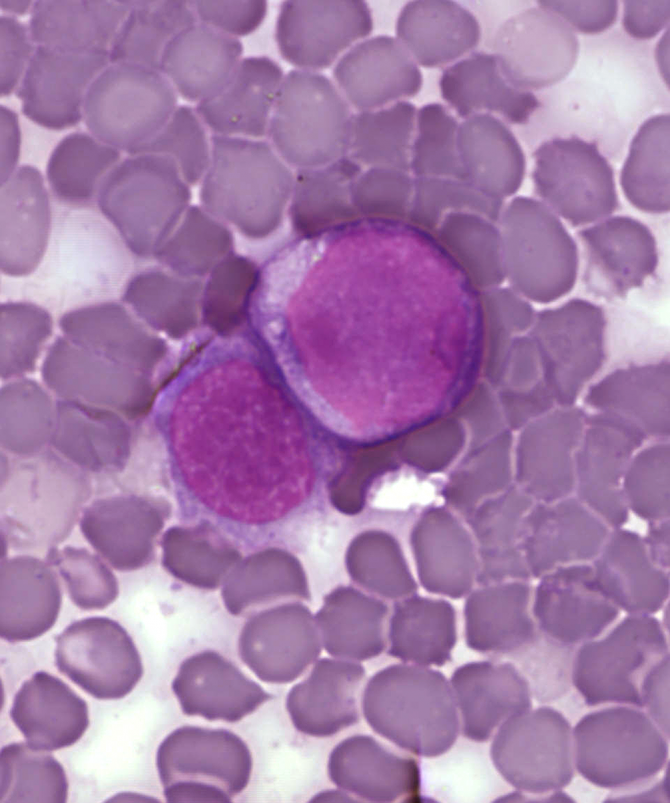Family Tree of Cancer Cells Helps Explain why Cancer Returns

Chemotherapy may beat cancer into remission but sometimes cancer comes back. Cancer may return because of "cancer stem cells" and not because chemo did not destroy all of the cancerous cells.
Cancer stem cells behave differently than other cancer cells, leading them to avoid detection by chemotherapy drugs. Cancer is caused by uncontrolled cell division and chemotherapy drugs target and destroy cells that are dividing too fast. For leukemia patients, the source of their cancer returning is because of cancer stem cells which divide more slowly than other cancerous cells.
This discovery was led by Ehud Shapiro, PhD, from the Weizmann Institute's Biological Chemistry, and Applied Mathematics and Computer Sciences departments. The researchers wanted to understand why cancer may return after chemotherapy puts it into remission.
One theory believes that cancer may return because chemo did not get all the cancerous cells, which allows the few remaining cells to divide rapidly causing the cancer to return. The other theory believes that cancer may return because there is another type of cancerous cell, cancer stem cells, which divide much slower than other cancerous cells thus avoiding the targeting by chemotherapy drugs.
In order to settle the debate, researchers developed a family tree of sorts for cancer cells. The researchers used leukemia cells and constructed a lineage tree based on specific mutations. As cells divide, unique mutations are passed along to daughter cells. These mutations can be traced between cells to determine shared ancestry between the youngest cells and oldest cells.
Researchers constructed the family tree using blood samples of leukemia patients right after being diagnosed with cancer and blood samples of those patients whose cancer had return after chemotherapy. Using these two samples, researchers mapped out the progress of the cancer to determine if the cancerous cells that came back after chemotherapy originated from the first cancerous cells of the leukemia patients.
For acute myeloid leukemia, the slower dividing stem cells were the cause of the leukemia returning while this was not the case for the more common acute lymphoid leukemia where there was no difference in the speed of cell division from the original cancerous cells and the relapse cells.
Using cellular lineage can help researchers in the future to determine how cancer develops and how cancer may come back. The family trees can lead to the development of more effective treatments or new treatments that target slower-growing cancer stem cells.
The study was published in Blood.



























